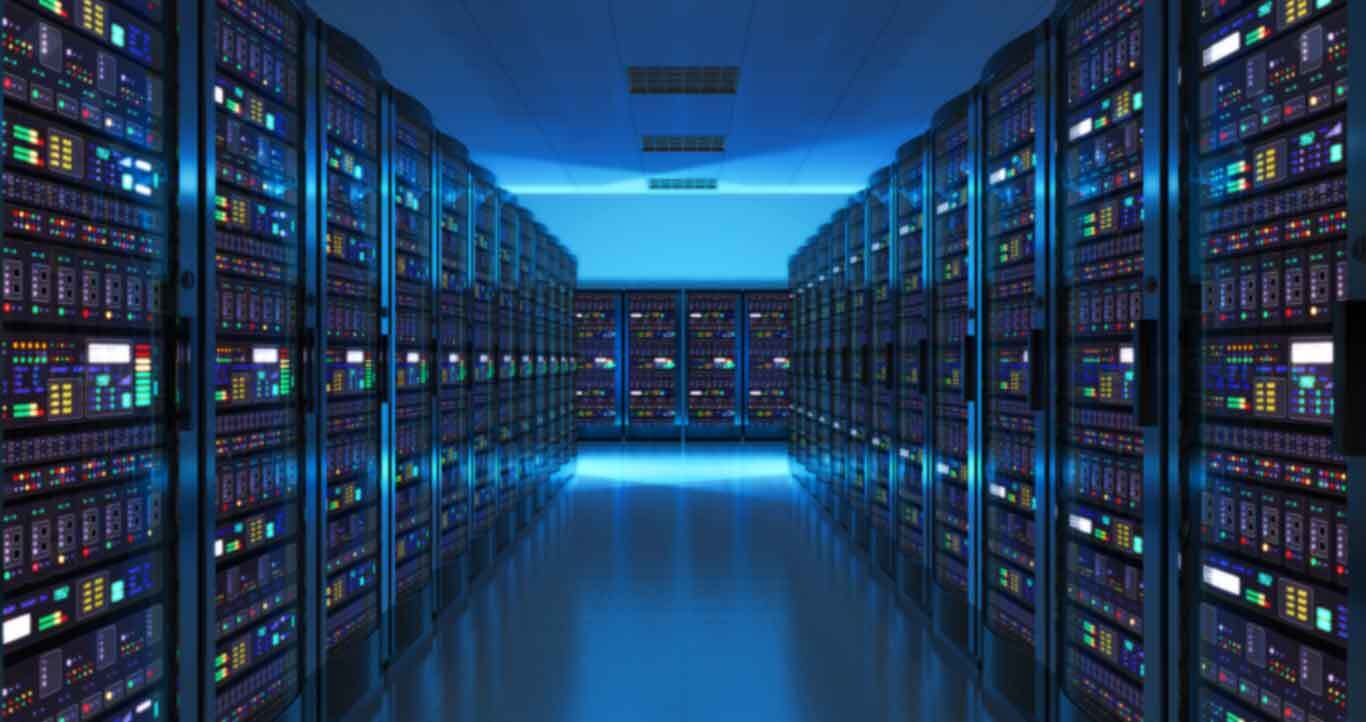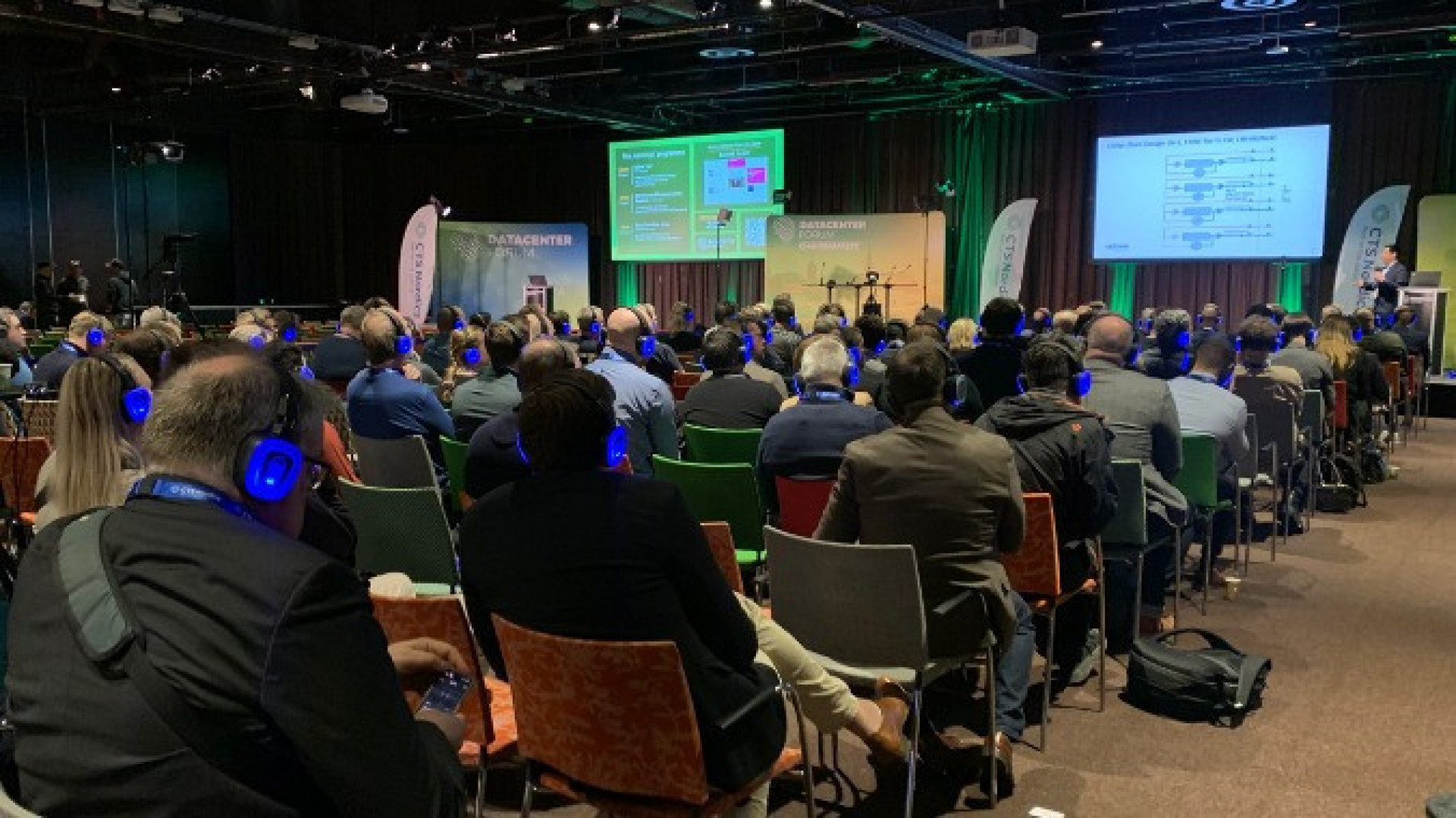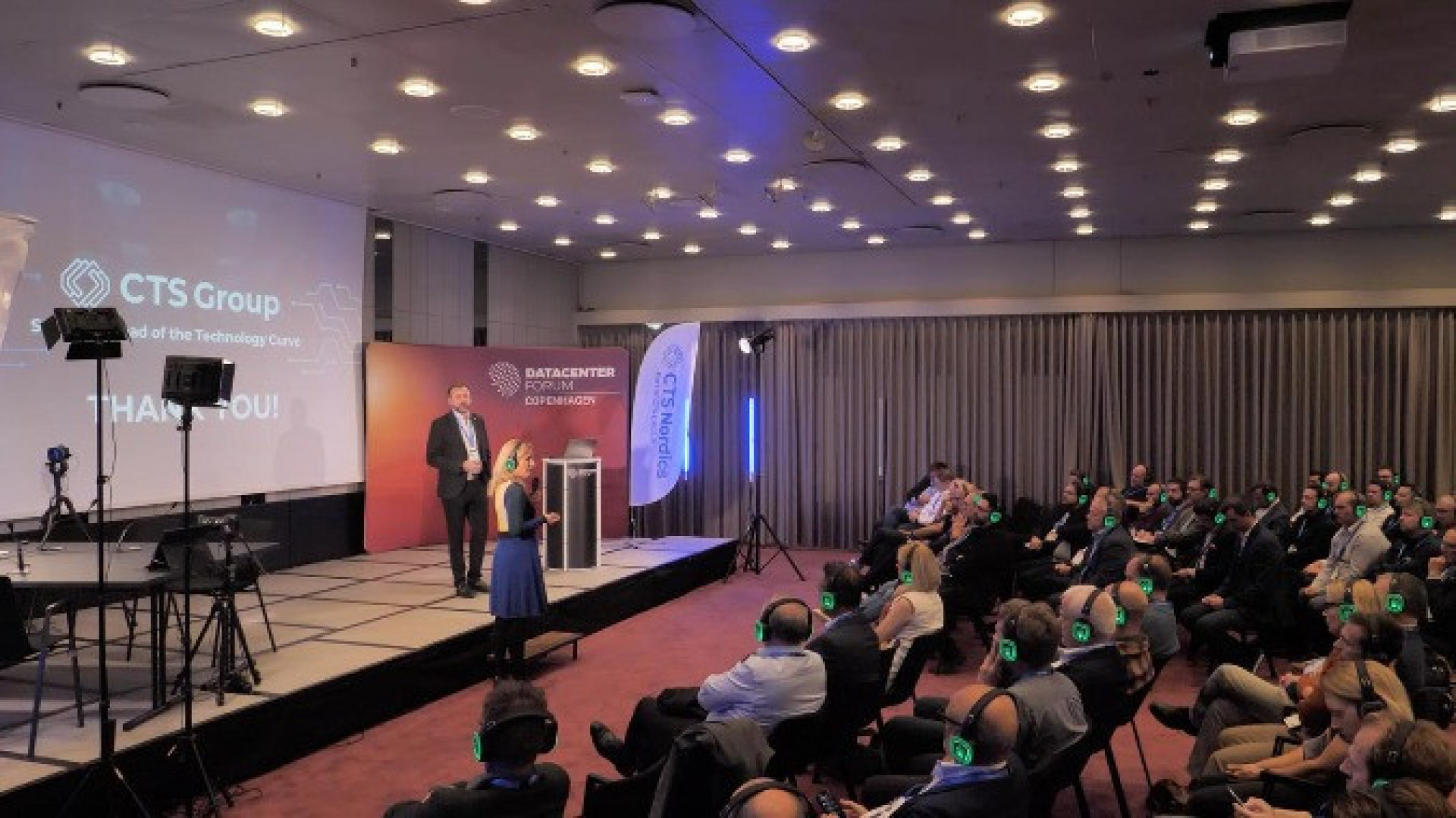A new physics trick may make computers emit less heat in the future. On paper, physicists even dive below the bare minimum that Mother Nature allows.
The photos from Facebook's data center in Luleå, Sweden, don't lie. Head-high fans slurp in cold arctic air to cool countless simmering processors. It illustrates a fundamental law: computer systems always produce heat. And that takes energy.
Last year Physicist Jan Klaers (University of Twente) revealed in the journal Physical Review Letters a loophole in the laws of physics, which allows computers to emit less heat. That makes them more energy-efficient on paper than previously thought possible.
To do this, he fights an idea that has been in the physics textbooks since 1961. This is the so-called Landauer limit, named after the German physicist Rudolf Landauer. He discovered that when computer memory is deleted or reset, heat is always released. Not because one part of a hard disk grinds over the other, but because nature sets an absolute lower limit to the energy that you lose when you calculate with bits and bytes. Calculating more energy-efficiently than that limit is therefore not possible. In 2012, the existence of the Landauer limit was experimentally confirmed.
In determining his limit, Landauer assumed a system in which there is no heat difference. Physicists then say that the system is "in thermal equilibrium." You can compare it to a cold cup of coffee on your desk, which has the same temperature as its surroundings. "But computer systems in the real world are almost never in balance," says Klaers. They look more like a hot cup of coffee, which radiates heat when it cools down.
"Heat is created in the interior of computers with every calculation," says Klaers. This creates heat fluctuations that dance to the rhythm of the processor. The result is that the system becomes unbalanced: it is warmer in the same place during a calculation, but shortly afterwards it is colder there. And you can make good use of it.
Thought experiment
Klaers devised a thought experiment to determine what an unbalanced environment does with the Landauer limit. In doing so, he takes one of the simplest bits you could build in the lab: a single particle that is in a box with a left and right space. If the particle is on the left, you call it "0", if it is on the right, it is called "1". Anyone who wants to erase the information - make a 0 out of the 1 - pushes the particle from the right to the left space with a small piston. The amount of energy that that costs is equal to the Landauer limit. But the nice thing now, Klaers argues, is that pushing away sometimes costs less energy when the environment is out of balance, such as inside a computer. That happens, he determined, when it is colder in the area.
At a particle level, temperature is nothing more than the average speed of particles. When air feels hot, particles are more likely to bump into our skin. Likewise, particles in cold air move more slowly. In Klaers' thought experiment, this principle ensures that the particle pushes less hard against the piston in a colder environment, so that you can move it more easily from right to left. Changing the bit therefore requires less energy. In a colder environment you can therefore calculate more efficiently than the Landauer limit would otherwise allow.
To achieve that, you would normally have to cool a system, which immediately wipes out your energy gains. But in computers, Klaers argues, you get such an environment out of thermal equilibrium as free by-catch. Because it is alternately slightly warmer and colder in one place, you can make the computer more energy-efficient through convenient timing. "You have to anticipate the temperature fluctuations and delete or reset bits when the environment is colder," says Klaers.
energy benefit
However, this is not so easy in practice, emphasizes physicist Eric Lutz (University of Stuttgart), who is not involved in the research. He points out that Klaers does not write down in his publication how you should implement his idea in practice. Moreover, he does not write anywhere exactly how much energy benefit it delivers. "While that is precisely the most interesting question," says Lutz.
Nevertheless, Lutz calls the idea "interesting". "In the last few years, more and more studies have emerged that study the Landauer limit in systems that are out of balance," he says. Klaers is the first to propose a way to apply those ideas in real computers.
Klaers confirms the criticism. "I plan to do further research to find out in more detail how you should do this practically," he says.
By the way, Klaers is convinced that his idea could be useful for the current generation of computers, which still lose about a thousand times more heat than the Landauer limit would allow. "The energy savings that computation provides in a colder environment always works, even well above the limit. So we don't have to wait for computers to be more efficient."














